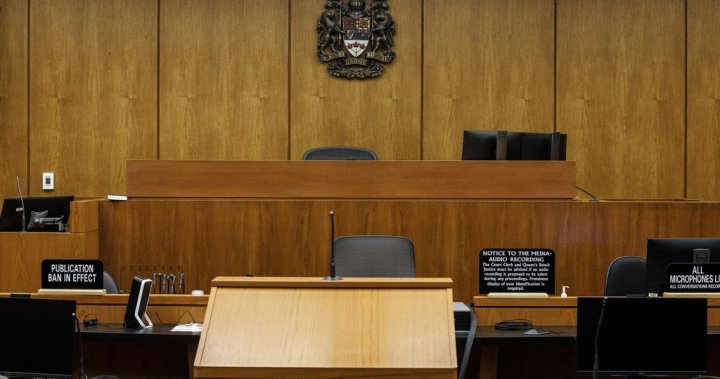David Michael Moss, convicted for the murder of seven-year-old Bella Rose Desrosiers in Edmonton, has had his second-degree murder conviction upheld by the Court of Appeal of Alberta. The attack occurred on May 18, 2020, when Moss, a family friend staying overnight due to concerns about his mental health, fatally assaulted Bella with scissors in her bedroom. Despite Moss’s claim of psychosis linked to a past brain injury, the court found his actions were intentionally committed under cannabis-induced psychosis, leading to a life sentence with no parole eligibility for 15 years. On July 4, 2025, the Court of Appeal dismissed his appeal, affirming the original conviction and sentencing.
The tragic case of Bella Rose Desrosiers, a seven-year-old girl from Edmonton, took a significant legal turn as the Court of Appeal of Alberta upheld the second-degree murder conviction of David Michael Moss. The incident occurred on May 18, 2020, when Moss, who was staying overnight at Bella’s home due to concerns about his mental health, attacked the young girl with scissors in her bedroom, resulting in her untimely death.
Details of the Incident and Initial Trial
David Michael Moss, known to Bella’s family as a friend, had been allowed to stay in the home amid worries about his psychological state. During the night, Moss fatally assaulted Bella Rose Desrosiers. Throughout the trial, Moss claimed that he was experiencing psychosis triggered by a previous brain injury. However, evidence presented indicated that the psychosis was cannabis-induced, impacting his ability to differentiate right from wrong but not negating his criminal liability.
Legal Proceedings and Court of Appeal Decision
At the original trial, Moss was convicted of second-degree murder and sentenced to life imprisonment with no eligibility for parole for 15 years, a sentencing standard consistent with Canadian law for convictions of this nature. On July 4, 2025, the Court of Appeal reviewed Moss’s appeal against his conviction and sentence. After careful consideration of the evidence, including expert testimonies about his mental health condition during the attack, the appellate judges dismissed the appeal, affirming both the conviction and sentence handed down by the trial court.
Implications and Sentencing
- The upheld conviction confirms the life sentence imposed on Moss, wherein he will not be eligible for parole for at least 15 years.
- The court’s ruling emphasizes the distinction between mental illness and criminal responsibility, particularly in cases involving substance-induced psychosis.
- The decision reaffirms the justice system’s commitment to ensuring accountability in cases of violent crime, especially those involving vulnerable victims such as children.
Community and Legal Response
The case has deeply affected the Edmonton community, raising awareness about mental health issues and the risks of substance abuse. Legal experts have noted that the Court of Appeal’s decision sets a precedent for how psychosis linked to substance use is treated in criminal law. The ruling highlights the importance of evaluating mental health claims within the context of criminal intent and public safety.
Conclusion
The Alberta Court of Appeal’s decision to uphold David Michael Moss’s second-degree murder conviction in the fatal attack of Bella Rose Desrosiers affirms the verdict and sentencing imposed in earlier proceedings. This case underscores key legal principles regarding mental health defenses and reaffirms the severity with which the justice system views violent crimes against children.
The Alberta Court of Appeal’s decision to uphold David Michael Moss’s conviction solidifies the legal stance that substance-induced psychosis does not absolve criminal responsibility in violent offenses. By affirming the life sentence without parole eligibility for 15 years, the court has reinforced the importance of accountability in cases involving vulnerable victims. This ruling also highlights the complex interplay between mental health issues and criminal law, emphasizing the necessity for thorough judicial examination of such claims to protect public safety and deliver justice.

